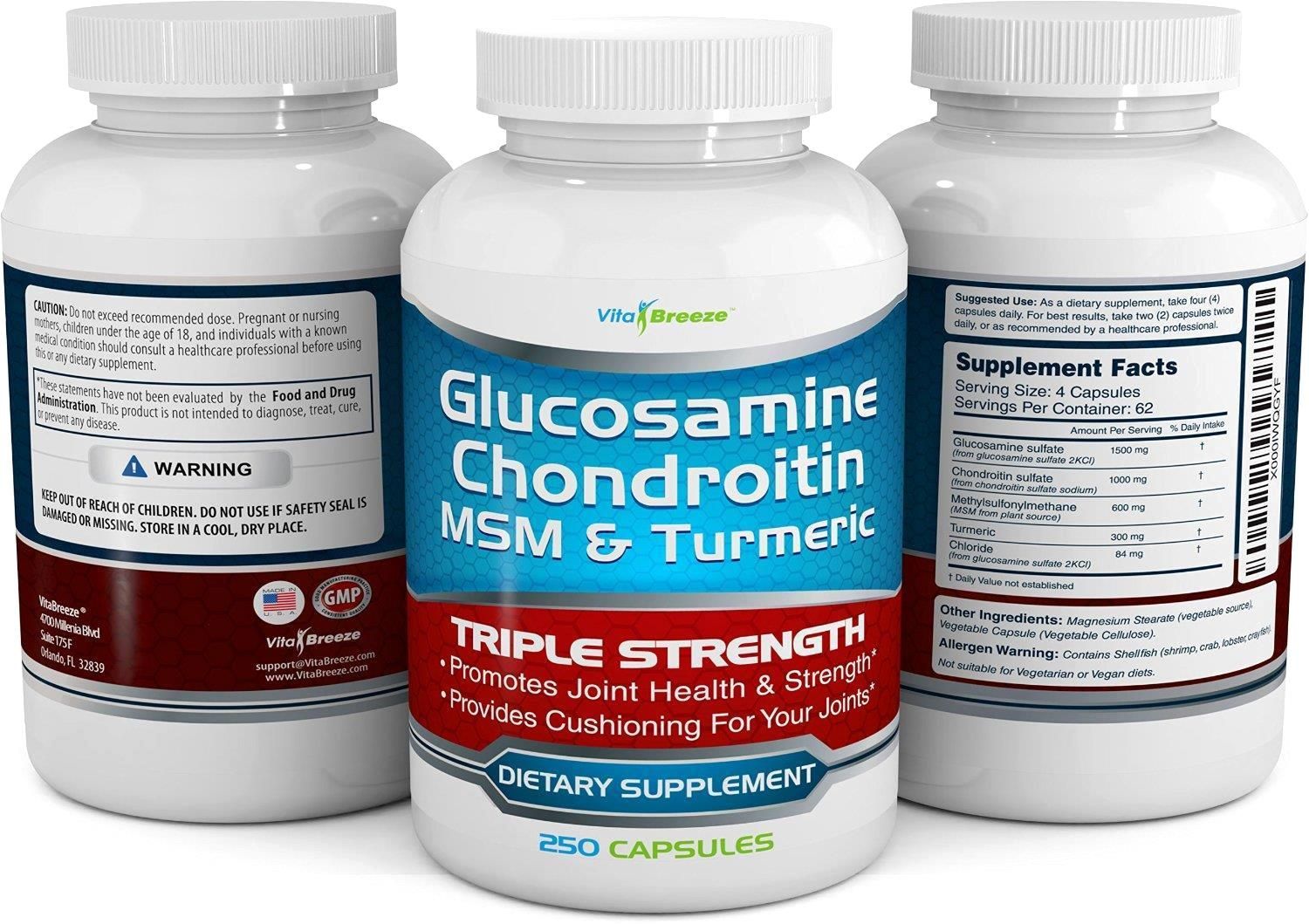Introduction
Artichoke, a spiky green vegetable known for its unique appearance and savory taste, has been a part of Mediterranean cuisine for centuries. Beyond its culinary uses, artichoke has long been recognized for its potential health benefits. Artichoke supplements, often derived from the plant’s leaves, have gained popularity for their ability to provide concentrated doses of beneficial compounds. In this comprehensive guide, we’ll explore the potential health advantages of artichoke supplements, their components, recommended dosages, and possible side effects.
Introduction to Artichoke Supplements
The artichoke, scientifically known as Cynara scolymus, is a perennial plant that belongs to the thistle family. While the globe artichoke is the most commonly consumed part of the plant, the leaves also contain a variety of bioactive compounds that are linked to potential health benefits.
Artichoke supplements are typically made from extracts of dried artichoke leaves, which concentrate the plant’s beneficial compounds. These supplements are available in various forms, including capsules, tablets, and liquid extracts. The primary bioactive compounds found in artichoke leaves are cynarin, chlorogenic acid, and various flavonoids, each of which contributes to the potential health benefits.
Potential Health Benefits of Artichoke Supplements
- Digestive Health: Artichoke supplements are known to support digestive health. The compound cynarin, found in artichoke leaves, stimulates the production of bile in the liver, which aids in the digestion of fats. This can be particularly beneficial for individuals with gallbladder issues or those who have difficulty digesting fatty foods.
- Liver Health: Cynarin, along with other compounds in artichoke leaves, may promote liver health by aiding in the detoxification process. Artichoke supplements are believed to support the liver’s ability to eliminate harmful substances from the body.
- Cholesterol Management: Some studies suggest that artichoke supplements may help manage cholesterol levels. The compounds in artichoke leaves are believed to inhibit cholesterol synthesis in the liver, potentially leading to reduced levels of low-density lipoprotein (LDL) cholesterol, often referred to as “bad” cholesterol.
- Blood Sugar Regulation: Artichoke supplements may have a positive impact on blood sugar regulation. Some research indicates that the compounds in artichoke leaves can enhance insulin sensitivity, potentially assisting those with diabetes or at risk of developing the condition.
- Antioxidant Properties: Artichoke leaves contain various flavonoids, which have antioxidant properties. Antioxidants help neutralize harmful free radicals in the body, reducing the risk of oxidative stress and its associated health problems.
- Gallbladder Health: Artichoke supplements are believed to support gallbladder function. For individuals with gallbladder issues or those who have undergone gallbladder removal, artichoke supplements may assist in reducing symptoms like bloating and indigestion.
- Weight Management: Some people use artichoke supplements as part of their weight management strategy. The potential cholesterol-lowering and blood sugar-regulating effects of artichoke extracts may contribute to weight control.
Dosage and Usage
Artichoke supplements are available in various forms and concentrations, and the recommended dosage can vary depending on the specific product and the intended use. It’s essential to follow the manufacturer’s instructions on the product label. However, general guidelines suggest:
- Artichoke Leaf Extract: Standardized extracts of dried artichoke leaves are common. A typical dosage might range from 320 to 640 milligrams taken one to three times daily. This dosage can vary depending on the concentration of the extract.
- Artichoke Capsules or Tablets: These supplements often come in doses ranging from 200 to 500 milligrams per capsule or tablet. It’s important to follow the recommended dosage on the product label.
- Liquid Artichoke Extract: Liquid extracts are sometimes used as a more convenient way to consume artichoke supplements. Dosage instructions can vary, so it’s crucial to adhere to the product label.
It’s advisable to start with the lowest recommended dosage and gradually increase it if necessary. Always consult with a healthcare professional before starting any new supplement regimen, especially if you have underlying health conditions, are pregnant or breastfeeding, or are taking medications.
Potential Side Effects and Considerations
Artichoke supplements are generally well-tolerated, but like any supplement, they may cause side effects or interact with certain medications. Here are some considerations and potential side effects:
- Gastrointestinal Distress: Some individuals may experience mild digestive discomfort, including stomach cramps, gas, or diarrhea, when taking artichoke supplements. Starting with a lower dosage and gradually increasing it can help minimize these side effects.
- Allergic Reactions: Allergic reactions to artichoke supplements are rare but possible. If you are allergic to artichokes or any related plants, it’s essential to exercise caution.
- Interactions with Medications: Artichoke supplements may interact with certain medications, particularly those used to lower cholesterol. Consult with your healthcare provider before starting artichoke supplements, especially if you are taking prescription medications.
- Bile Duct Obstruction: Individuals with bile duct obstruction or gallstones should avoid artichoke supplements, as they can stimulate bile production and potentially exacerbate these conditions.
- Pregnancy and Breastfeeding: The safety of artichoke supplements during pregnancy and breastfeeding has not been adequately studied, so it’s advisable to avoid them during these times.
- Children: Artichoke supplements are generally intended for adults. Consult with a healthcare provider before giving them to children.
Quality and Source
When considering artichoke supplements, it’s important to choose high-quality products from reputable manufacturers. Look for supplements that are third-party tested for quality and purity. Ensure that the product label lists the concentration of active compounds, such as cynarin, to help determine the product’s strength.
Artichoke supplements are widely available at health food stores, online retailers, and pharmacies. Always purchase from trusted sources to ensure the authenticity and quality of the product.
Conclusion
Artichoke supplements offer a convenient and concentrated way to harness the potential health benefits of this versatile vegetable. From aiding digestion and supporting liver health to helping manage cholesterol and blood sugar levels, artichoke supplements have a range of potential advantages. However, it’s crucial to consult with a healthcare provider before incorporating any new supplement into your wellness routine, especially if you have specific health concerns or are taking medications. By following recommended dosages, considering potential side effects, and choosing high-quality products, you can explore the potential health benefits of artichoke supplements as part of your overall health and well-being strategy.
- Tropical Bliss: My Tasty Adventure with Just Kratom’s Extra Strength Gummies! - September 26, 2024
- Benefits of Artichoke Supplements: A Comprehensive Guide - November 6, 2023
- Benefits of Chaga Functional Mushrooms: A Comprehensive Guide - November 6, 2023



